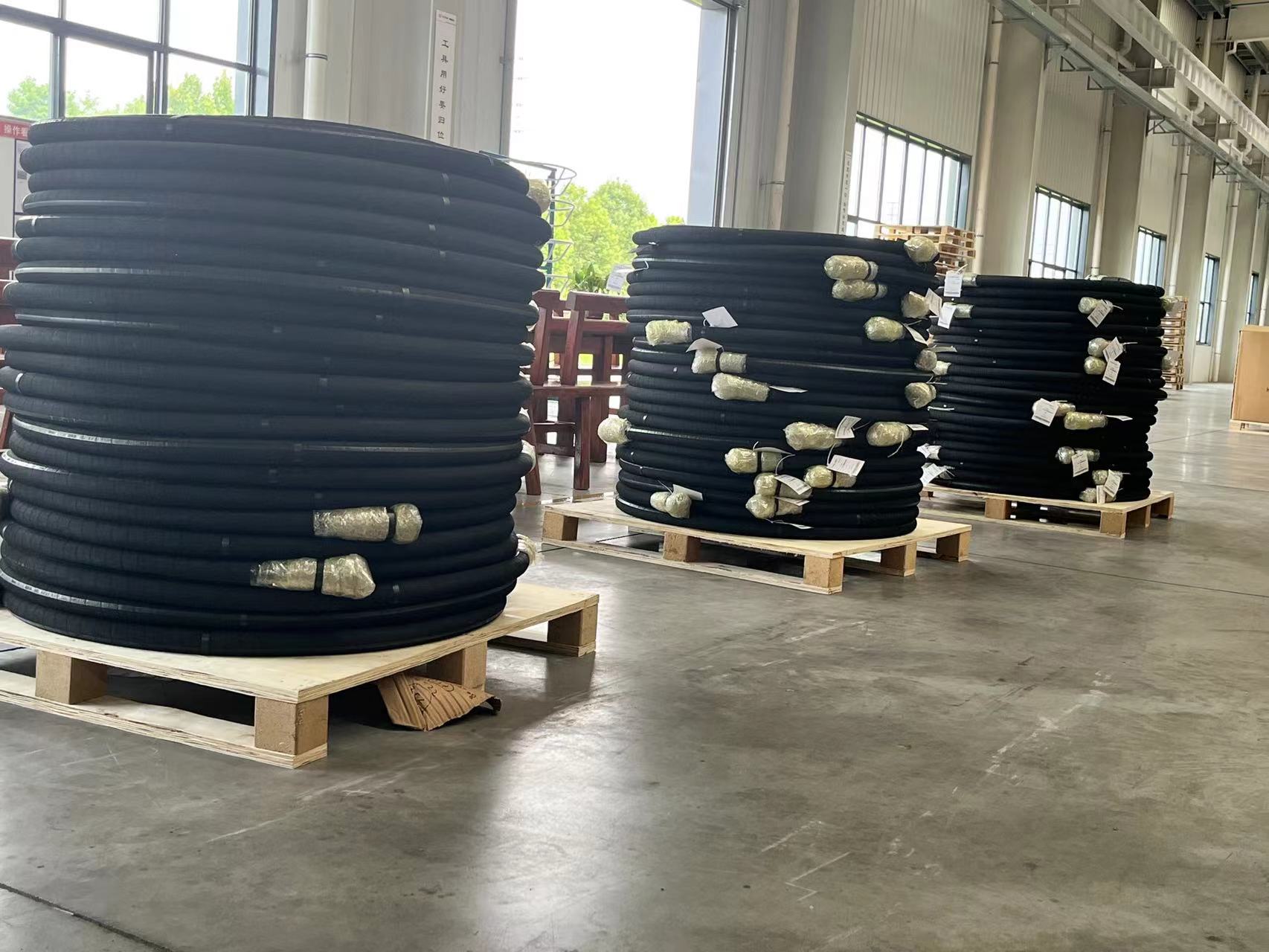Material Selection and Manufacturing Processes of High-Pressure Fuel hoses
2023-05-23 08:26:15
The selection of appropriate materials and manufacturing processes is essential for the design and production of high-pressure fuel hoses. This article will discuss the commonly used materials and manufacturing techniques employed in the fabrication of high-pressure fuel hoses.
Commonly Used Materials for High-Pressure Fuel hoses
High-pressure fuel hoses are typically constructed using materials such as stainless steel, aluminum alloys, and titanium alloys. Stainless steel offers excellent corrosion resistance and high-temperature endurance, making it suitable for most engine applications. Aluminum alloys possess a low density and excellent machinability, contributing to overall weight reduction and improved fuel economy. Titanium alloys exhibit superior strength and corrosion resistance, making them suitable for high-performance engines and specialized applications.
Manufacturing Processes of High-Pressure Fuel hoses
The manufacturing of high-pressure fuel hoses involves precise techniques to ensure their quality and reliability. Common manufacturing processes include cold drawing, welding, and cold forming. Cold drawing is a widely used pipe manufacturing process that involves continuous stretching and compression of metal blanks to form the desired tubular structure. Welding processes are employed to join the connectors and fittings of high-pressure fuel hoses. Cold forming encompasses operations such as cold pressing and bending to shape the high-pressure fuel hose accurately.
Factors Considered in Material Selection and Manufacturing Processes
The selection of materials and manufacturing processes for high-pressure fuel hoses involves several factors. Firstly, the materials' ability to withstand high pressure is crucial to ensure the fuel hose's performance under operating conditions. Secondly, materials must exhibit corrosion resistance and high-temperature stability to guarantee long-term reliability in harsh working environments. The choice of manufacturing processes should consider the materials' characteristics and the desired pipe configuration to achieve precise manufacturing and dimensional control of the high-pressure fuel hose.
In conclusion, the selection of materials and manufacturing processes significantly impact the performance and reliability of high-pressure fuel hoses. Appropriate material selection and manufacturing techniques ensure the fuel hose's pressure resistance, corrosion resistance, and high-temperature stability, meeting the engine's fuel supply requirements